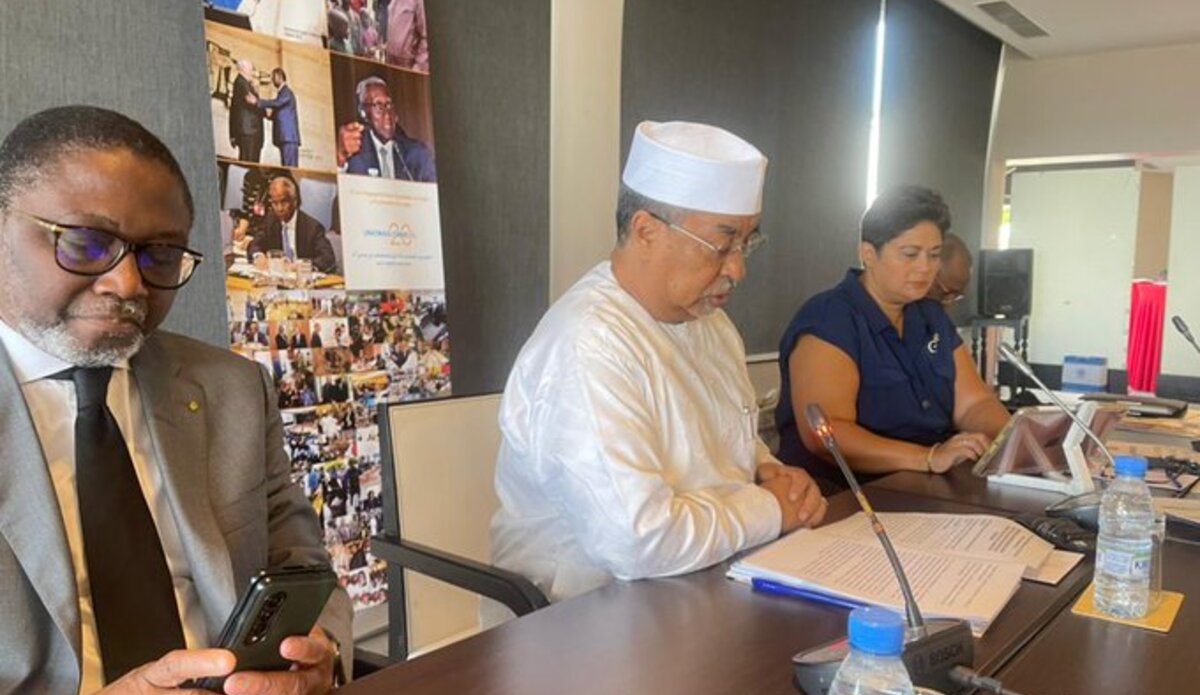Workshop On Maritime Security Threats in the Gulf of Guinea
UNOWAS Organizes A Workshop On Maritime Security Threats in the Gulf of Guinea
The office of the United Nations of West Africa and the Sahel (UNOWAS) concluded a workshop on Maritime Insecurity in the Gulf of Guinea. The theme of the workshop was “Strengthening the Adjudicative and Enforcement Jurisdiction of states in the fight against Maritime Crimes in the GoG through adherence to relevant International Maritime Organization (IMO) and African Union (AU) instruments”.
The workshop brought together experts, academics, and government representatives from various countries of the sub-region as well as from the UN system. The objective of the workshop was to raise awareness among ECOWAS members about the importance of ratifying the relevant maritime security instruments, and their incorporation into the national legislation to empower judicial authority in the fight against maritime insecurity. Addressing maritime insecurity calls for a holistic approach, blending kinetic and non-kinetic elements. In addition to deploying operational forces, state judicial authorities need to be empowered to better prosecute perpetrators and curb impunity.
In his opening remarks, the Special Representatives of the Secretary-general and Head of the United Nations Office for West Africa and the Sahel, Mahamat Saleh ANNADIF, emphasized the importance of information sharing between relevant actors to ensure vigilance against incidents of piracy and armed robbery at sea. ANNADIF also referred to UNOWAS’s role, together with UNOCA, to carry out advocacy work and good offices missions with regional partners, namely ECOWAS, ECCAS and the Gulf of Guinea Commission.
Through various sessions, participants discussed a series of issues and themes related to Maritime insecurity in the GoG, and relevant ways of strengthening the implementation and the adherence of ECOWAS member states to the legal framework. The workshop concluded with a set of recommendations:
- Build the capacity of African States to domesticate relevant legal instruments such as the 2005 SUA Convention and the Lomé Charter.
- States are encouraged to address the discrepancies in the 2013 Yaoundé Code of Conduct as a matter of urgency..
- States are encouraged to address other types of Maritime crimes, notably drug trafficking, and Unreported and Unregulated fishing(IUU). which continue to threaten peace, security, and development in the sub- region.
- UNOWAS to continue to engage with the G7++ FoGG forum along with UNOCA, UNODC, ECOWAS, ECAAS and GGC to assess the implementation of the Yaoundé Architecture.
 UN
UN


